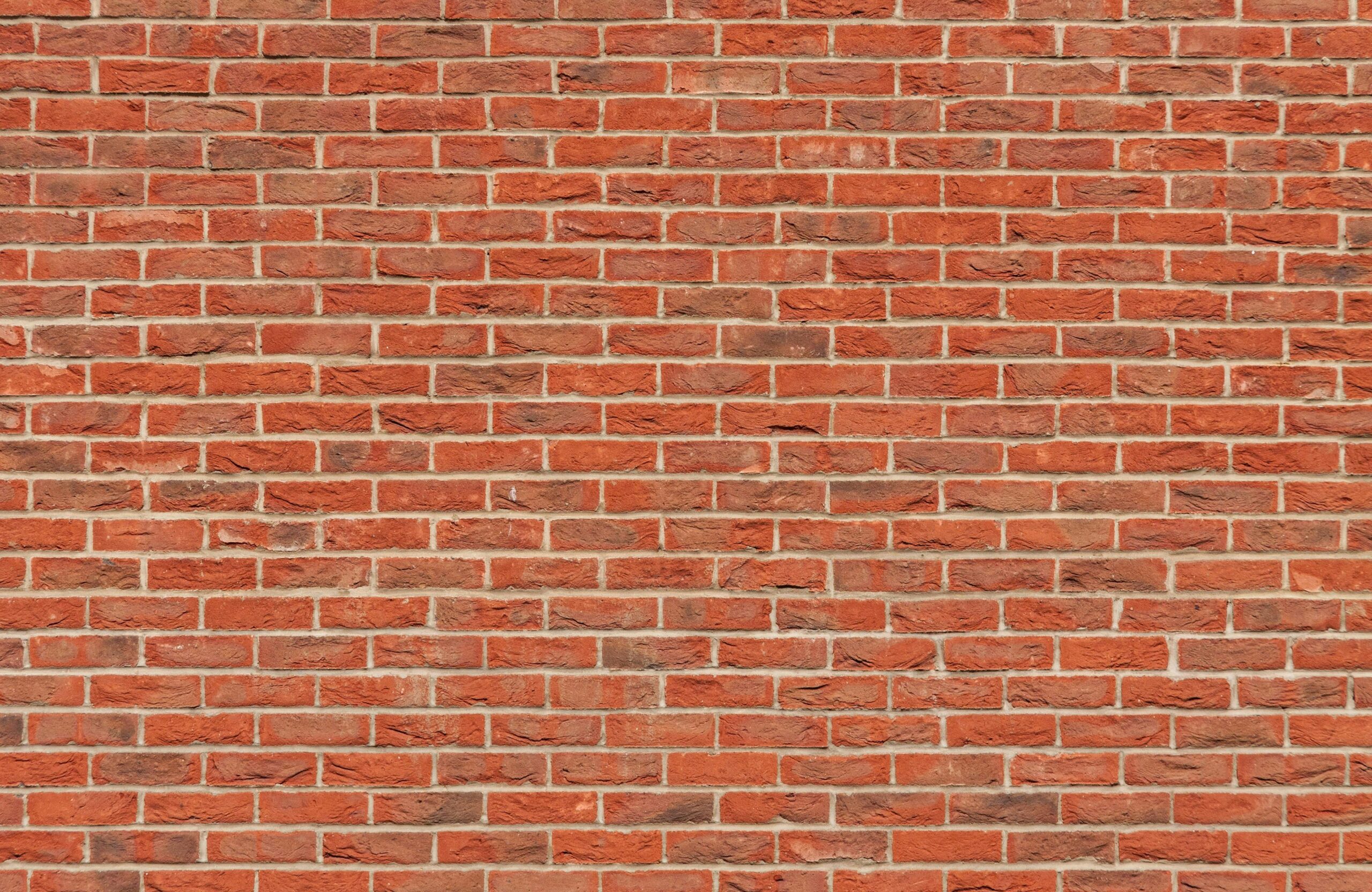(read time: 2 minutes)
In the therapy office, I often see the whole gamut of defense mechanisms – those methods our minds subconsciously use to stay safe and protected against overwhelming feelings and the situations that seem to produce them.
One defense I often see that doesn’t get a lot of attention is guilt/shame. Guilt is often described as “I’ve done something wrong,” whereas shame is “I AM something wrong.” Both are used cleverly by the mind in defense – especially when we don’t want to face and/or change something about ourselves but want to preserve our sense of self or ego. Internally, they operate to preserve the self because only good people feel guilt and shame. In other words, a “bad” person displaying a bad behavior that adversely affects self or other wouldn’t care about the negative effects – they would be free of guilt/shame. This is how guilt/shame preserve our sense of self as a good person.
When another person is involved in a situation, guilt/shame are also great ways to prevent them from complaining or otherwise advocating for themselves. In this case, guilt/shame communicate to the other person, “I already feel terrible about myself over this behavior that affects you, so you don’t need to remind me. If you do, you’ll only make me feel worse about myself than I already do.” How clever. Such a stance shuts the other person down by making them the “bad guy” for advocating for themselves.
When guilt/shame are operating in a non-defensive way, they serve to correct the behavior and are known psychologically as a “counter-agent” against the habitual behavior. If we can notice that we feel bad when acting against our higher aspirations, such feelings can serve to alter the behavior. But, when used as a defense mechanism, they do not contribute to change but, rather, contribute to staying stuck. That’s how you know when guilt/shame are authentic versus when they’re being used as a defense.
Watch out for this one in yourself and others who are trying to prevent you from advocating for yourself. When you notice them being used as a defense, work with that part of yourself by asking it what it needs to be willing to change the behavior. Remind yourself that you’re a good person who has simply been trapped by a habitual pattern and nothing more. If you can, connect with your higher Self who wants to be free of the behavior. And, of course, if you need help, find a therapist you trust to help you work through whatever might be in your way of changing.

